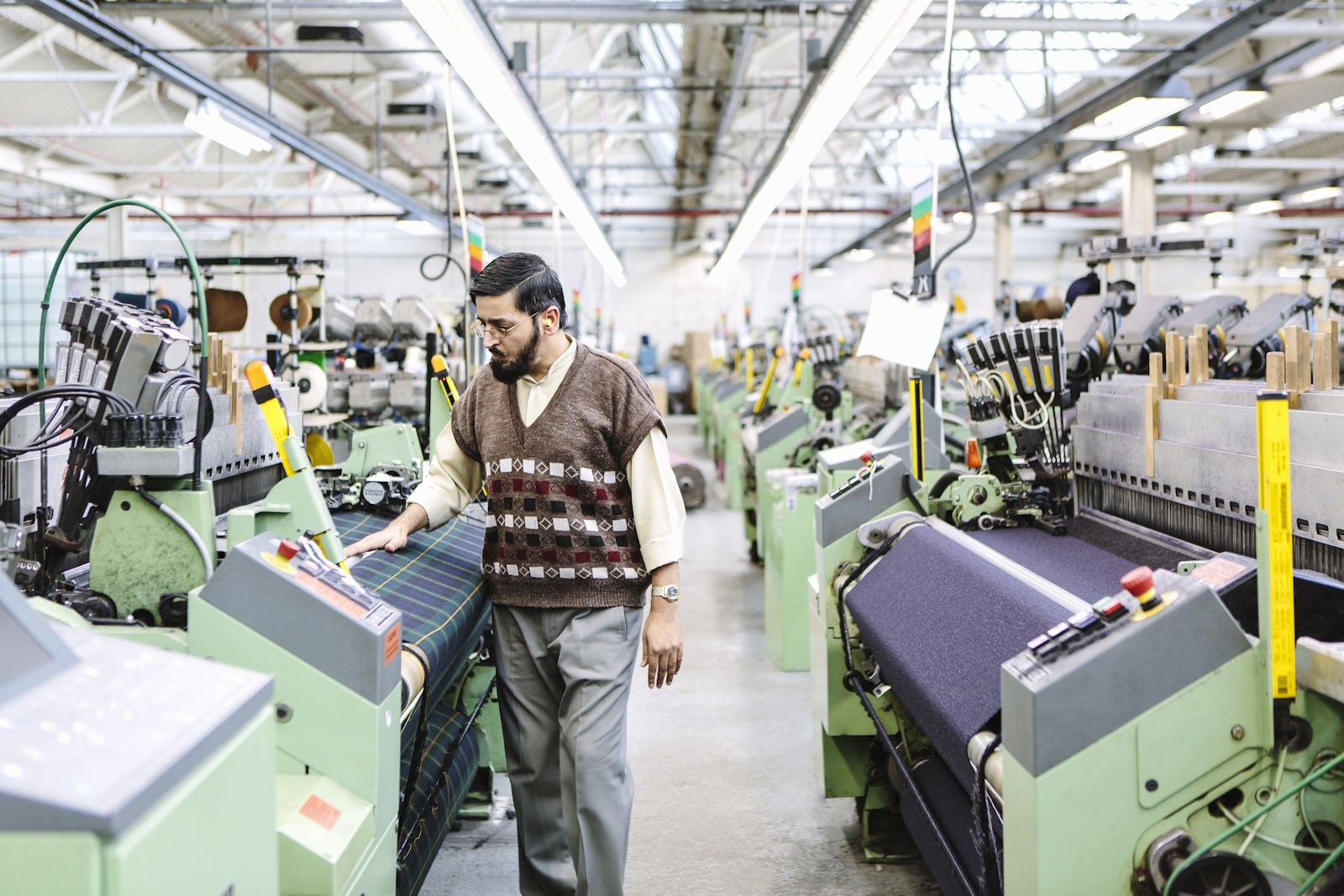Waste Management Companies and the Textile Industry
As the world grapples with the increasing need for sustainable practices, Johannesburg’s textile industry is emerging as a key player in the circular economy. The city’s fashion scene is shifting toward more sustainable and waste-reducing practices that help tackle the growing concerns around textile waste. From zero-waste pattern making to textile recycling initiatives, Johannesburg is embracing solutions that not only benefit the environment but also set the stage for a future of more sustainable fashion production. Waste management companies in Johannesburg are playing a crucial role in facilitating this transformation, supporting local brands and manufacturers to implement circular economy principles and reduce textile waste.
Textile Waste Reduction Initiatives in Johannesburg’s Fashion Industry
In Johannesburg, local fashion brands and textile manufacturers are taking significant steps to reduce waste, incorporating innovative approaches such as zero-waste pattern making, garment recycling, and the use of sustainable materials.
Zero-Waste Pattern Making
One of the most prominent trends in reducing textile waste is zero-waste pattern making. This technique involves creating garment patterns in such a way that no fabric is left over during the production process. Local designers are embracing this approach, not only as a way to minimise waste but also as a creative challenge. By utilising every inch of fabric, they are able to produce garments that are more sustainable, with the added benefit of being unique and bespoke.
Garment Recycling
Garment recycling is another solution gaining traction. In Johannesburg, fashion brands are actively participating in initiatives that collect old, unwanted clothes, recycling them into new garments or upcycled products. By repurposing discarded textiles, these brands are not only reducing waste but also creating new products that have a lower environmental impact than newly produced garments. This process not only reduces the need for virgin materials but also reduces the amount of textiles that end up in landfills.
Sustainable Materials
Another cornerstone of waste reduction is the use of sustainable materials. Johannesburg’s textile manufacturers are increasingly choosing eco-friendly fabrics such as organic cotton, hemp, and recycled fibres. These materials have a lower environmental impact compared to conventional textiles, reducing the carbon footprint of garment production and enhancing the overall sustainability of the fashion industry.
The Rise of Textile Recycling Programs in Johannesburg
Johannesburg is also seeing the rise of textile recycling programs that facilitate the repurposing of unwanted textiles. These programs are gaining momentum due to the city’s increasing awareness of the environmental challenges posed by textile waste. Companies and organisations are collecting textiles, processing them into new materials, and using innovative techniques to turn waste into valuable resources.
Local Partnerships for Efficient Recycling
In many cases, these recycling initiatives are supported through partnerships with local municipalities and waste management companies in Johannesburg. These collaborations allow for the effective collection, sorting, and processing of textiles, ensuring that waste does not end up in landfills. With the help of these partnerships, companies are able to scale their recycling efforts and create a more sustainable system for managing textile waste.
Recycling has proven to be an efficient way to handle textile waste, especially when local businesses collaborate to optimise the process. From fabric to fibres, Johannesburg’s textile recycling programs are turning old garments into everything from insulation materials to new fashion items, contributing to a closed-loop system that keeps valuable resources within the economy.
The Role of Johannesburg’s Landfills in Textile Waste Management
Despite the ongoing efforts to recycle and repurpose textiles, a significant amount of textile waste continues to end up in Johannesburg’s landfills. Textiles, particularly those made from synthetic fibres, take a long time to decompose, contributing to environmental degradation. With an increasing volume of textiles being discarded each year, Johannesburg’s landfills are under pressure.
However, this is where circular economy solutions have the potential to make a significant impact. By implementing more widespread textile recycling programs, waste reduction techniques, and repurposing initiatives, the amount of textile waste sent to landfills can be greatly reduced. The circular economy not only helps mitigate the environmental impact of textiles but also contributes to reducing landfill waste, which in turn helps preserve the city’s valuable landfill space.
Policy and Legislation Impacting Textile Waste Management
Johannesburg’s local government and waste management authorities have recognised the importance of addressing textile waste. Policies and regulations are being introduced to drive more sustainable practices across industries, including textiles.
South African Legislation on Waste Management
In South Africa, there is an increasing focus on waste management regulations designed to reduce environmental harm. The National Environmental Management: Waste Act, along with local policies, encourages recycling and responsible waste management, including the adoption of Extended Producer Responsibility (EPR) frameworks. These policies hold companies accountable for the entire lifecycle of their products, including the disposal and recycling of textile products.
Furthermore, recent government initiatives are pushing for more sustainable practices within industries that traditionally contribute to high levels of waste, including textiles. As a result, local textile companies are being incentivised to adopt circular economy principles such as recycling, upcycling, and waste minimisation.
Waste Management Companies’ Response
Waste management companies in Johannesburg are also playing a key role in managing textile waste. They are investing in infrastructure and technologies to support the city’s transition to a circular economy. These companies are working in tandem with fashion brands and municipalities to ensure that textiles are processed in a way that maximises reuse and recycling, thereby reducing waste and its harmful environmental effects.
Waste management companies in Johannesburg are adapting to these evolving policies, enabling the city to better manage textile waste and improve the overall sustainability of the industry.
Conclusion
At A-Thermal, we understand the importance of adopting sustainable practices and are committed to providing solutions that help reduce textile waste. If you’re interested in learning more about how we can assist in improving your waste management strategies, feel free to reach out to us. Let’s work together to make Johannesburg’s textile industry a shining example of sustainability.







